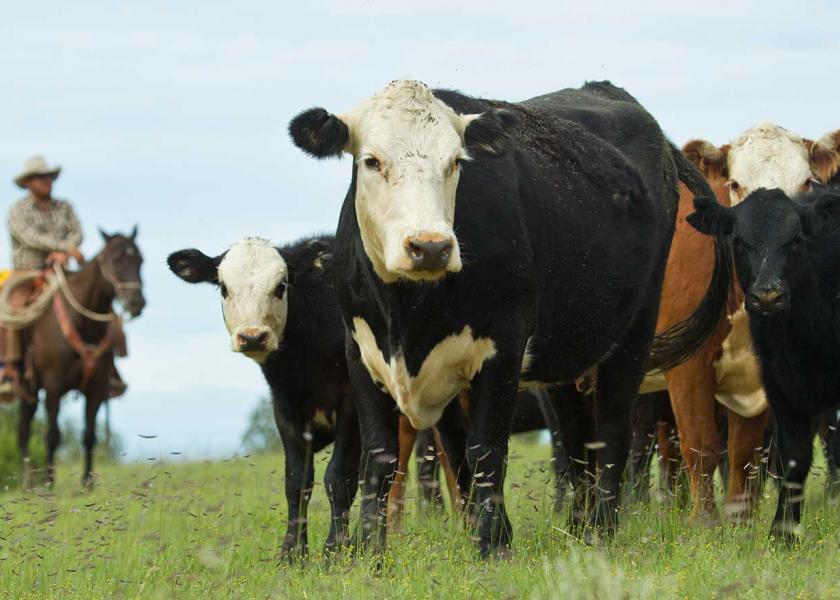Senators Compromise To Send Cattle Market Proposal Forward

Four U.S. Senators announced they’ve reached a compromise on measures they see as improvements to the cattle market, combining components of previous bills into a new Cattle Price Discovery and Transparency Act.
U.S. Senators Deb Fischer (R-Neb.), Chuck Grassley (R-Iowa), Jon Tester (D-Mont.), and Ron Wyden (D-Ore.) are announced their compromise ahead of the Dec. 3, 2021, expiration of Mandatory Price Reporting.
The new proposed legislation would:
- Establish regional mandatory minimum thresholds of negotiated cash and negotiated grid trades based on each region’s 18-month average trade to enable price discovery in cattle marketing regions. In order to establish regionally sufficient levels of negotiated cash and negotiated grid trade, the Secretary of Agriculture, in consultation with the Chief Economist, would seek public comment on those levels, set the minimums, and then implement them. No regional minimum level can be more than three times that of the lowest regional minimum, and no regional minimum can be lower than the 18-month average trade at the time the bill is enacted.
- Require the U.S. Department of Agriculture (USDA) to create and maintain a publicly available library of marketing contracts between packers and producers in a manner that ensures confidentiality.
- Prohibit the USDA from using confidentiality as a justification for not reporting and make clear that USDA must report all Livestock Mandatory Reporting information, and they must do so in a manner that ensures confidentiality.
- Require more timely reporting of cattle carcass weights as well as requiring a packer to report the number of cattle scheduled to be delivered for slaughter each day for the next 14 days.
Click here for a one-pager on the bill.
In a press release, the senators said the following groups support the measure: American Farm Bureau, U.S. Cattlemen’s Association, and National Farmers Union.
“While we are still reviewing the new language and comparing it against our producer-passed policy on this issue, it would appear that – as in previous versions – we can support much of this bill,” said NCBA Vice President of Government Affairs Ethan Lane. “That being said, that same policy book directs us to oppose government mandates on cattle marketing methods. We take the discussions and deliberations that go into our grassroots policy process seriously, and we will hold this bill – as we would any other – up against the policy of this association.”
“Robust price discovery ensures that all members of the beef supply chain — cow-calf producers, feeders, packers, and consumers — can be successful,” Senator Fischer said. “The foundation of price discovery in the cattle market is negotiated cash sales. One or two regions of the country should not have to shoulder the burden of price discovery and that’s exactly what has been happening. Furthermore, even regions that primarily use alternative marketing arrangements (AMAs) such as formula contracts predominantly rely on negotiated cash sales to set their base prices. Our compromise proposal takes regional differences into account and ensures fairness for every segment of the supply chain.”
Senator Grassley said, “This bill takes several steps to improve cattle price transparency and will improve market conditions for independent producers across the country.”
Montana Senator Tester said, “Increasing spot transactions will give producers more control and better information when they sell their livestock, which is critical to helping them meet their bottom line. That’s how we keep markets fair and ensure Montana’s producers remain competitive.”
“Family ranchers in Oregon are struggling as they continue to recover from the economic fallout of the pandemic, on top of a cattle market that sets them up at a disadvantage and delivers big for corporate meat packers. Our bipartisan coalition has one aim: level the playing field for the cattle ranchers in our states and allow them to grow their small businesses by restoring market fairness, efficiency, and transparency,” said Senator Wyden.
Click here for a section-by-section summary of the bill.







